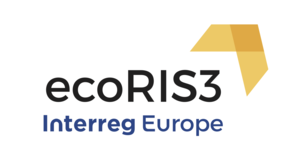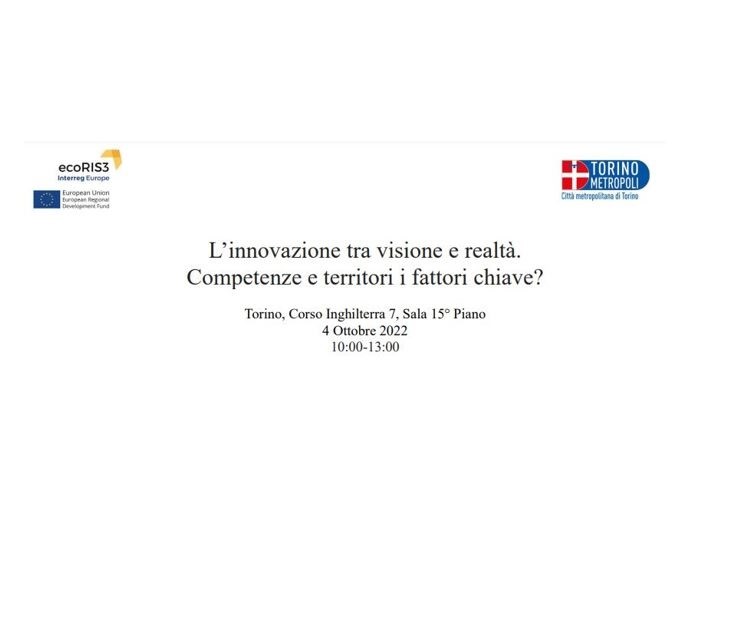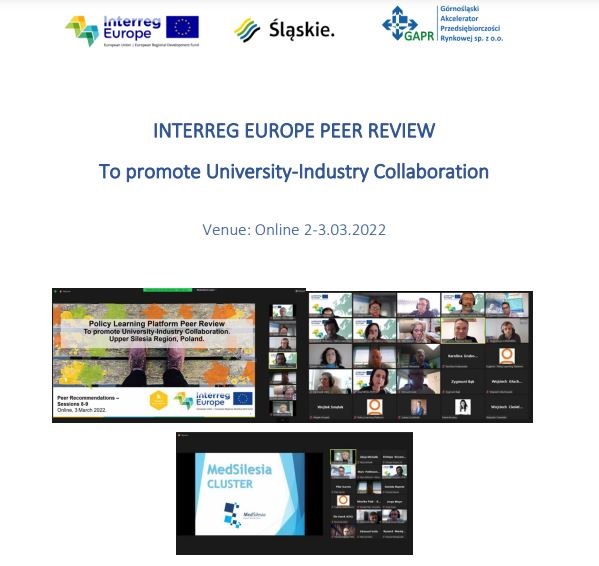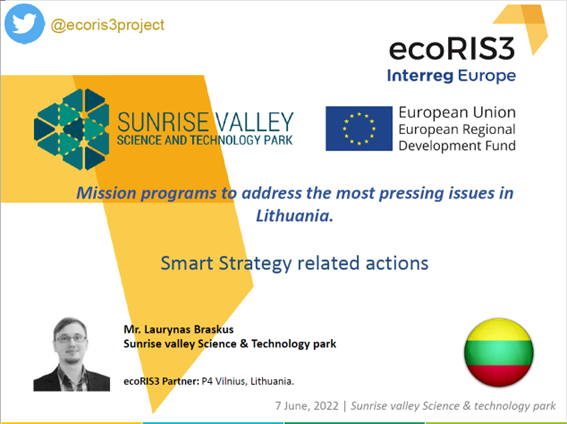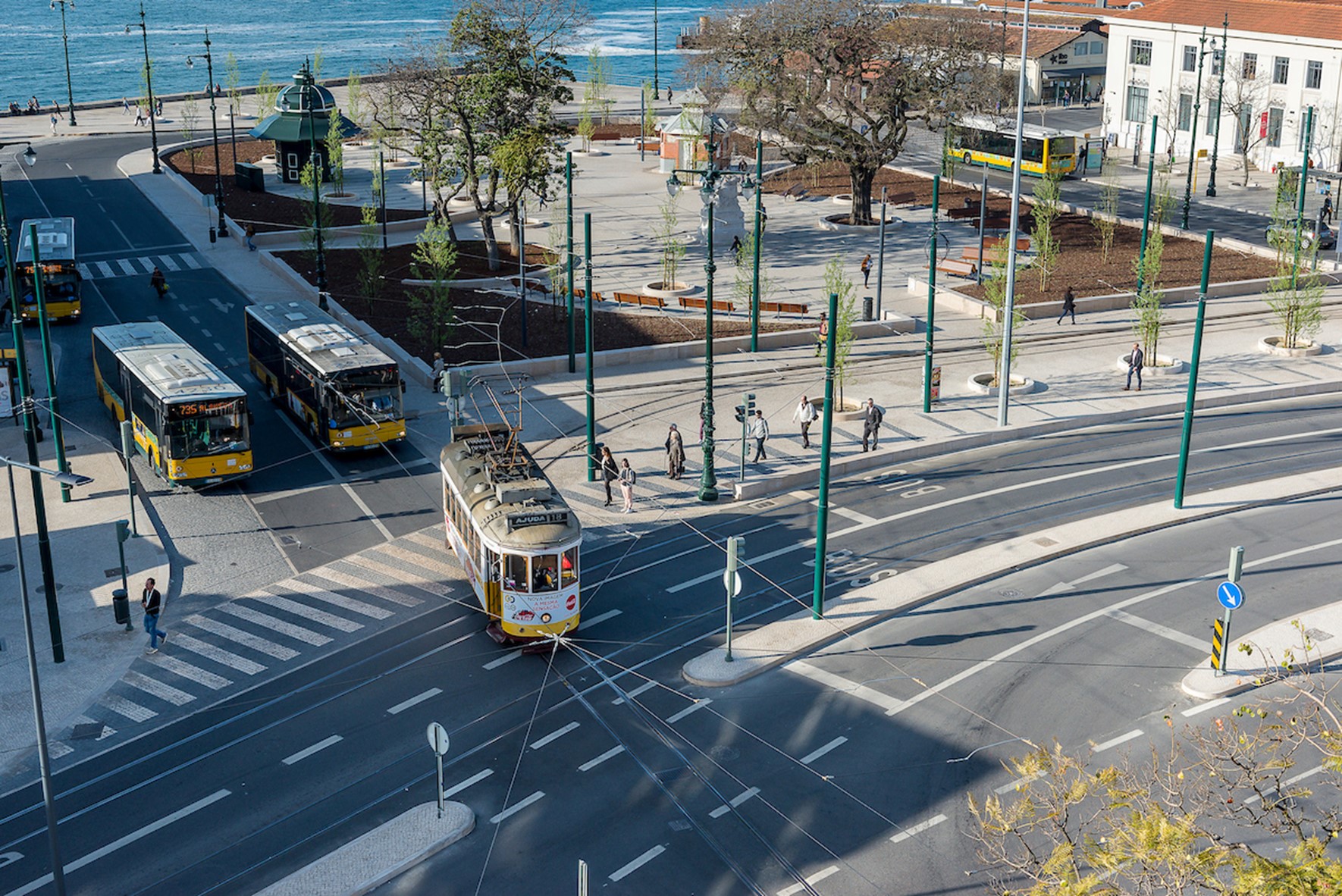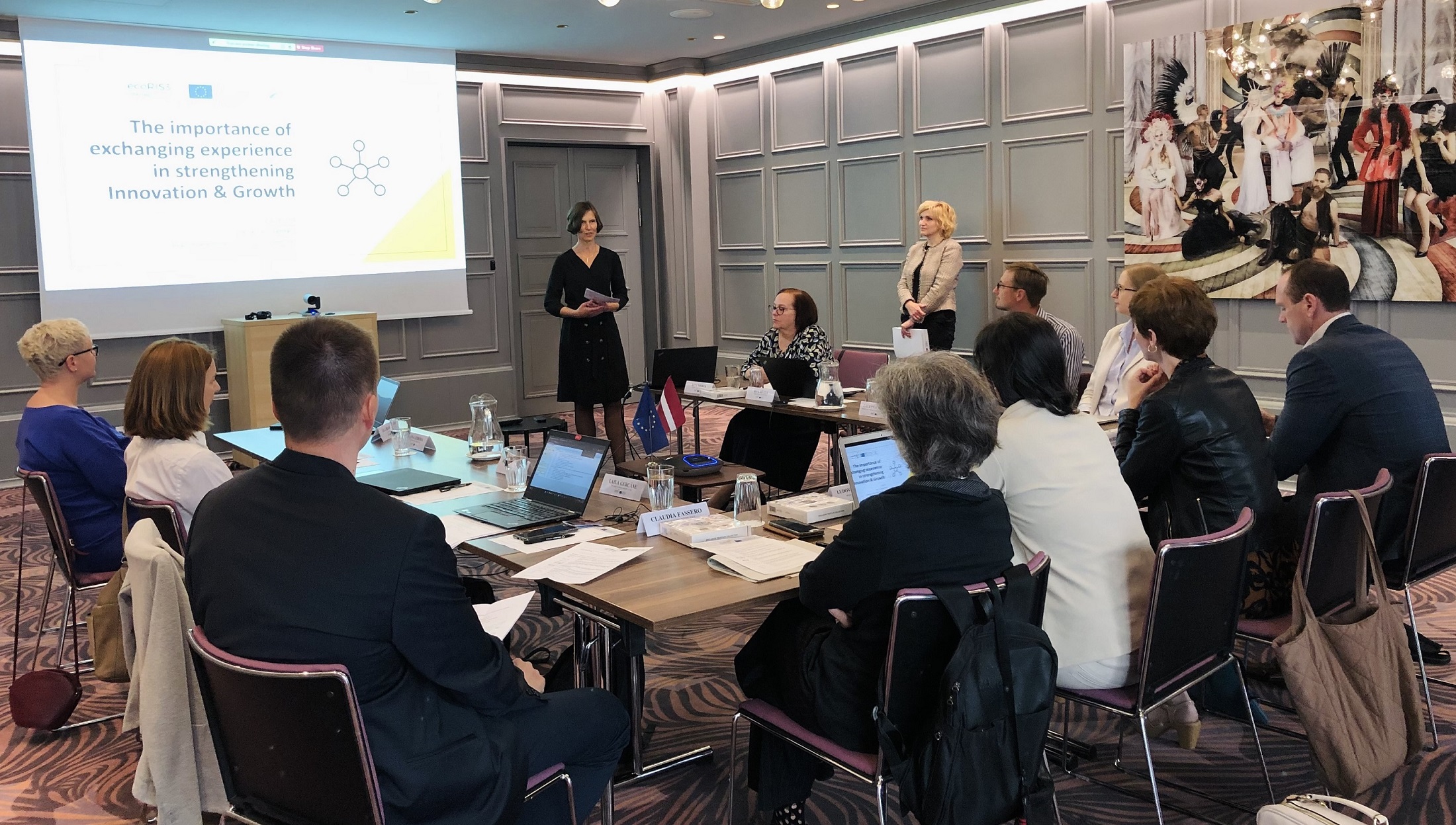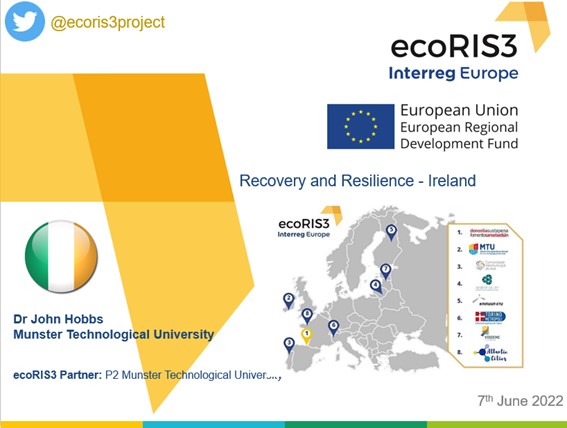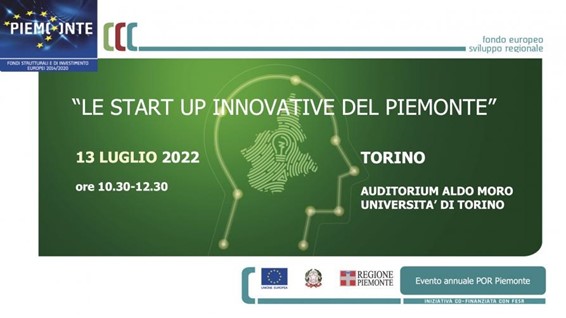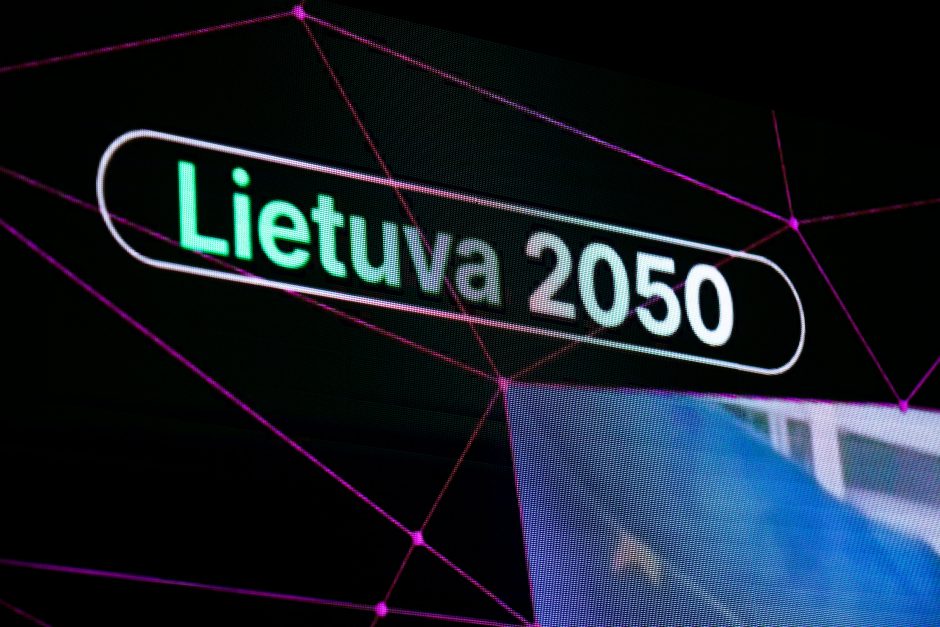The adoption of the Smart Specialization Strategies in research and innovation has highlighted the fragmentation of the European innovation system, urging the need to improve the linkage between regional strategies and the local system by strengthening the role of the territories as a sustainable innovation environment that is able to respond to the RIS3 challenges. The very same issue has arisen in the cross-border cooperation in terms of research and innovation strategies. In order to respond to this fragmentation efforts should be concentrated not only internally but also externally, in connection to other territories through the potential collaboration and exchange of good practices. This external dynamic in the regional S3 approach increases the competitiveness of the regions in a global scale. To this effect, the cross-border cooperation between neighboring regions offers a collaborative environment and an interesting challenge for the smart specialization.

Image: Séminaire co construction schema de coopération transfrontalière @Centre européen des entreprises et d’innovation (CEEI), Nice
In these terms, the Metropolitan City of Turin participated in the Co-construction Seminar for the cross-border cooperation strategy of Métropole Nice Côte d’Azur. The event took place last 2nd of July in the European Innovation and Entrepreneurship Center in Nice. During the first part of the day three parallel workshops were organized in the “world café” format, respectively:
Workshop A: Territorial scale of proximity: costal and inland,
Workshop B: Territorial scale of cooperation: mountains,
Workshop C: Territorial scale of intermetropolitan innovation.
The third workshop in particular accentuated the challenge of the development of territorial innovation through research and higher education, as well as the need to strengthen the economical attractiveness of the metropolitan areas through the cooperation between Nice, Monaco, Genoa and Turin. Cooperation between the university poles and innovation centers and the foundation of an agency for the cross-border cooperation were highlighted among the priorities for the future cooperation strategy. To this effect, the representatives of the Metropolitan City of Turin brought into attention the external approach to the regional RIS3 challenges and opportunities,a point of view matured thanks to the experience gained during three years of work with the ecoRIS3 project and shared this experience as an example of exchange of good practices between partners that aim to improve their innovation ecosystems through the interlinkages between regional RIS3, local innovation policies and stakeholders in their own territories. A significant part of this external collaboration can also be carried out in cross-border areas due to their territorial continuity and on-going strategical cooperation.

Image: Olivier Baudelet, European Commission, DG REGIO D2 (Interreg, Cross-Border Cooperation, Internal Borders)
The second part of the day was dedicated to a round table discussing the role of the Metropolitan Area of Nice and its neighbors in an Alpine, Mediterranean and European scale. The speakers were representatives from the European Commission (DG Regio), Principality of Monaco government, SCT Métropole Nice Côte d’Azur and existing cross-border programs between France and Italy , offering a perspective of the preparation of the post-2020 EU programming.
